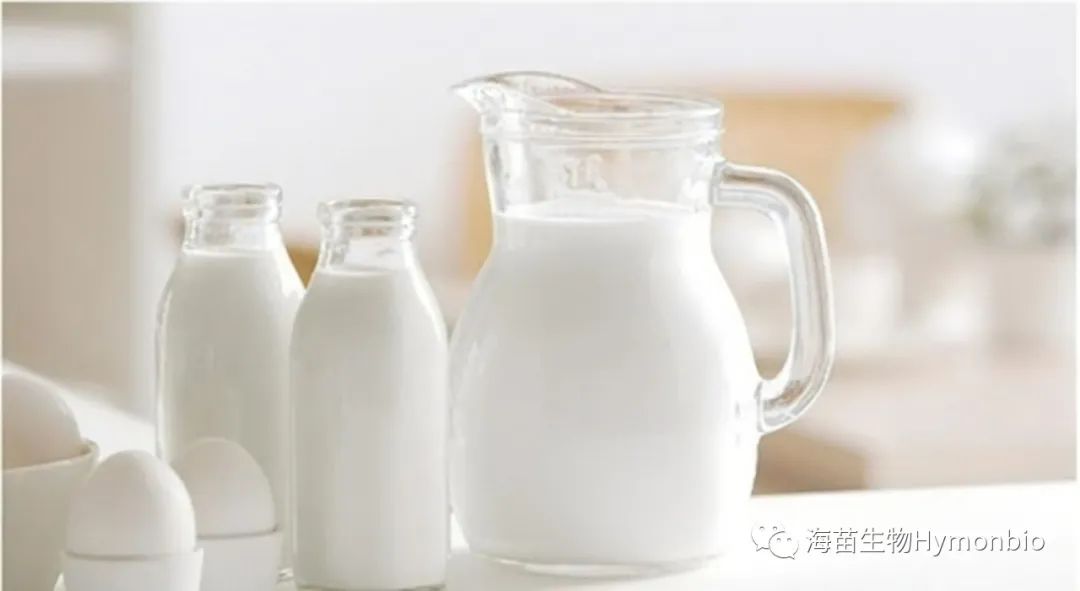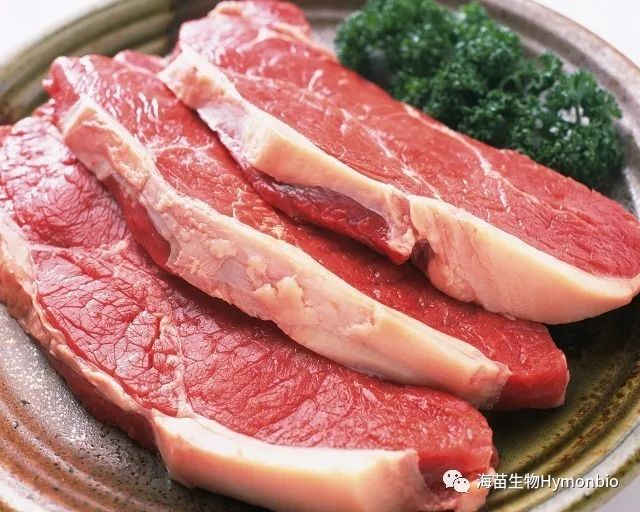In China, colorectal cancer is the second most common form of malignant tumors, and ranks fourth in mortality from cancer. Since 2000 to 2016, morbidity and mortality of colorectal cancer have shown an upward trend. Since it can take 10 years for this cancer to manifest, a recent study published in BMJ demonstrated the importance of a healthy lifestyle in slowing or even preventing colorectal cancer.
The study comprehensively evaluated the effects of drugs, vitamins, supplements and healthy diet, and ultimately found its significance in preventing colorectal cancer prevention.
Researchers evaluated the impact of diet and drugs on the development of colorectal cancer from publicly available systematic evaluations and clinical trials, including drugs and foods, and found:
Aspirin
At doses of <75 mg/day of aspirin, the risk of cancer was reduced by 14% to 29%.
Nonsteroidal Anti-Inflammatory Drugs (NSAID)
Taking NSAIDs for up to 5 years decreases the incidence of colorectal cancer by 26% to 43%.
Statins
Although data analysis showed statins reduced cancer risk, no positive effects was found in pooled analysis of clinical trial data.
Magnesium
Daily intake of 255 mg / day reduced the risk of colorectal cancer by 23%.
Folic Acid
While actual dosage is not determined, folic acid intake can reduce cancer risk by 12% to 15%.
Dairy Products
Consuming dairy products can reduce the risk of colorectal cancer by 13% to 19%. Researchers noted because of the small number of available research data, varying results from studies, and the wide variety of dairy products, it is difficult to determine the specific dosage required to prevent colorectal cancer.
Fiber, Vegetables, and Fruits
Fiber intake reduces colorectal cancer risk by 22% to 43%. Fruits and vegetable intake can reduce the risk by up to 52%!
Soybean
Regularly consuming soy reduces risk by 8% to 15%.
Others
There is no data to suggest vitamin E, vitamin C, or multivitamins have a preventive effect on colorectal cancer. Similarly, there is no data to suggest β-carotene or selenium help prevent cancer.
Risk Factors
Data analysis reports show that eating meat, especially red and processed meat, increases the risk of colorectal cancer by 12% to 21%. Studies report that adding 100 grams of red meat per day increases the risk by 10% to 30%.
Alcohol consumption significantly increases the risk of colorectal cancer. The higher the alcohol intake, the greater the risk.
Early Detection
When colorectal cancer starts, there will be genetic mutations and changes, which can be detected early with cell-free DNA in the blood. Early detection is key; diagnosis and treatment of colorectal cancer can be done using corresponding screening methods, effectively reducing morbidity and mortality. Colonoscopy is considered the gold standard, but it has limited resources. Instead, through convenient and reliable blood genetic testing, patients can be initially screened and enriched to identify high-risk populations, then determine whether to undergo colonoscopy for more rationally allocated medical resources.
Post time: Jan-05-2023




